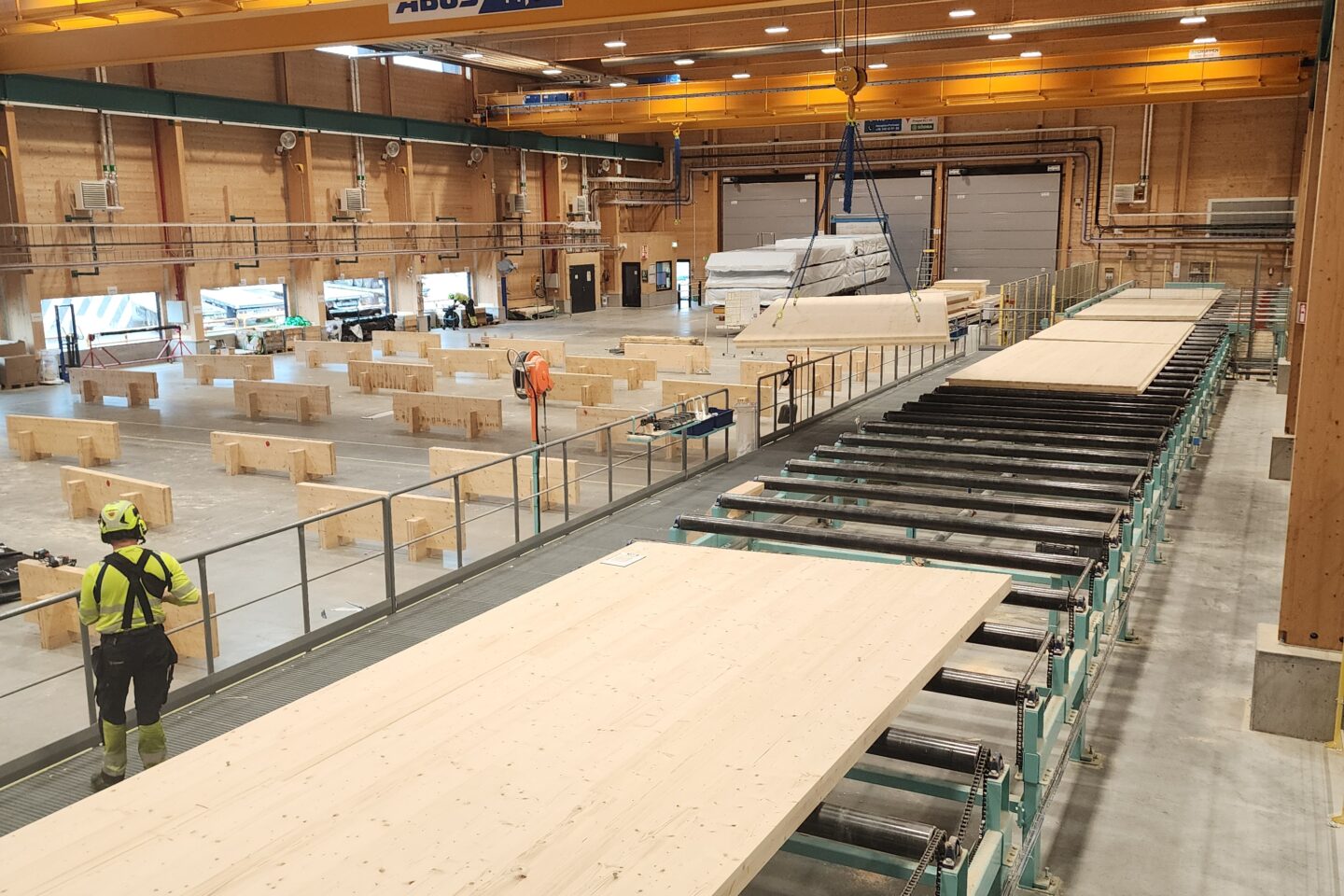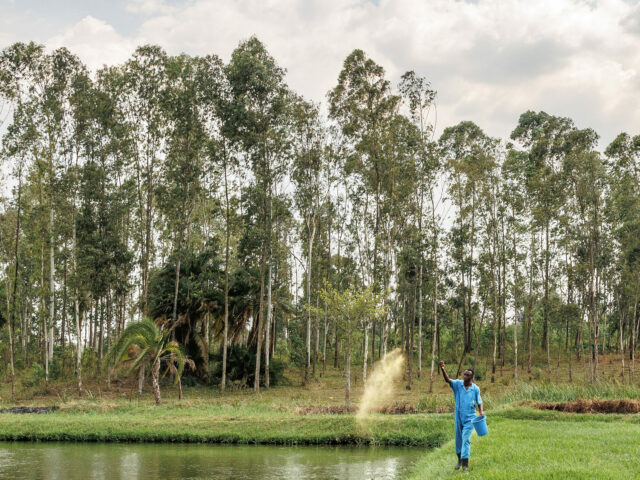Unlocking Africa’s Sustainable Future: The Promise of Mass Timber in Construction

By Jack Steege
During the first week of September 2024, myself, Neema Mosha and James Mwai, represented Gatsby Africa on in industry study tour to Sweden. Hosted by the Swedish government, and accompanied by 25 representatives from East Africa’s forestry, timber manufacturing and construction sectors, our objective to understand how Sweden has positioned itself as a world leader in sustainable timber construction. And to draw lessons and industry connections of relevance to the EA region.
Sweden’s story is one of sector transformation. In 1995 building anything more than a two-story timber building was prohibited by law. Thirty-five years later, the seemingly impossible has been achieved. Timber high-rise buildings stand at over 100 meters in height; planned urban developments have been realised almost exclusively through use of timber as a construction material; and building projects have been implemented with a ‘net-zero’ carbon footprint. It shows that it can be possible to literally ‘grow’ our cities. And that through doing so we can reverse the climate impact that conventional construction approaches only exacerbate through use of material such as concrete and steel.
But the climate benefits are just the bonus prize. Because of long-standing advocacy efforts; effective policy making and planning across industry; risk taking and innovation by the private sector; and various forms of public-private partnership, the sector now embodies many of the hallmarks we strive to realise through our own organisational mission.
The sector is increasingly competitive. Timber construction now makes up 20% of the countries overall construction sector, with timber construction commodities export competitive across the European region. The sector is inclusive. Grower owned cooperatives such as SODRA, allow for tens of thousands of Sweden’s small scale forest growers to participate in the upside of the sectors industrialisation. While schools and technical training centres support skills development to service the industry with skilled employees, and the incubation of SMEs. And the sector is resilient. Universities and private industry collaboration, ensures R&D capability is targeted according to industry needs, unlocking incremental gains and technological breakthroughs.
Despite all the wonders that we saw, the greatest value of this trip, was the composition of talent that made up our travelling delegation. From architects, engineers, material scientists, industrialists, tree growers, investors, policy makers, manufacturers, story tellers, developers, risk takers, visionaries…our group had it all. The consensus that our region has all the ingredients it needs at its disposal. That we will find solutions that work in our context. And that the next step is simply to start doing.
It’s been two weeks since we landed back in Nairobi. Since then, my phone hasn’t stopped ringing. The impossible awaits….





